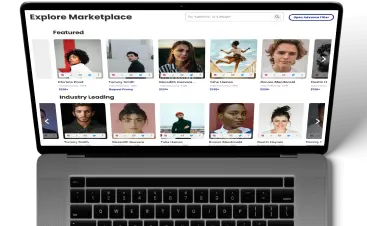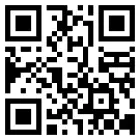What Is Brand Archetype?
Brand archetype refers to a symbolic persona or character that represents a brand’s core identity, values, and personality. It is a concept derived from Carl Jung’s theory of archetypes, which suggests that certain universal symbols and themes resonate deeply with human psychology and culture.
In branding and marketing, brand archetypes are used to create a distinct and memorable brand identity that connects with consumers on an emotional level. Each archetype embodies specific traits, motivations, and attributes that help define how a brand communicates, behaves, and presents itself to its audience.
There are several common brand archetypes, each with unique characteristics and associations. Some examples include:
- The Hero: Represents bravery, strength, and triumph over adversity. Heroic brands inspire and empower customers to overcome challenges and achieve their goals.
- The Explorer: Symbolizes adventure, curiosity, and the quest for discovery. Explorer brands appeal to individuals who seek new experiences, freedom, and self-discovery.
- The Caregiver: Reflects compassion, empathy, and nurturing. Caregiver brands prioritize the well-being and support of their customers, fostering trust and loyalty.
- The Sage: Embodies wisdom, knowledge, and enlightenment. Sage brands educate and inform their audience, offering valuable insights and guidance.
- The Magician: Represents transformation, innovation, and magic. Magician brands inspire creativity and imagination, offering innovative solutions and transformative experiences.
- The Rebel: Symbolizes nonconformity, independence, and authenticity. Rebel brands challenge the status quo and champion individuality and self-expression.
- The Lover: This category reflects passion, intimacy, and emotional connection. Lover brands evoke feelings of desire and belonging, fostering deep emotional bonds with their audience.
- The Jester: This brand embodies humor, spontaneity, and joy. It entertains and delights its audience, bringing laughter and levity to everyday life.
- The Ruler: Represents authority, control, and leadership. Ruler brands exude confidence and prestige, commanding respect and admiration from their audience.
- The Everyman: Symbolizes relatability, authenticity, and inclusivity. Everyman brands resonate with ordinary people, making them feel understood and valued.
By identifying and embracing a specific brand archetype, companies can create a cohesive brand identity, differentiate themselves from competitors, and establish a deeper emotional connection with their target audience. This helps build brand loyalty, drive customer engagement, and ultimately, drive business success.
Check out some other terms you may encounter in the Creator economy here.








